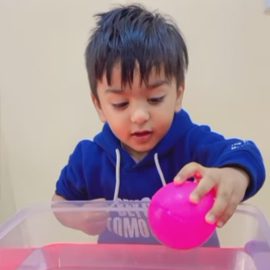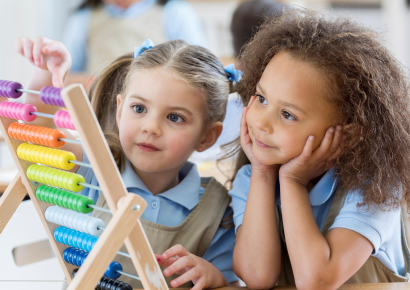- Email: info@guruglobalschoolindore.in
- Phone: +91 99931 12203
Giving your child the best start in life
-
86-B-2, Ground Floor, Sanchar Nagar Ext, Indore, Madhya Pradesh 452016
Get In Touch
Monday to Saturday: 9.00am – 03.00pm
Sunday: Close
Email: info@guruglobalschoolindore.in
Phone: +91 99931 12203













Comments are closed